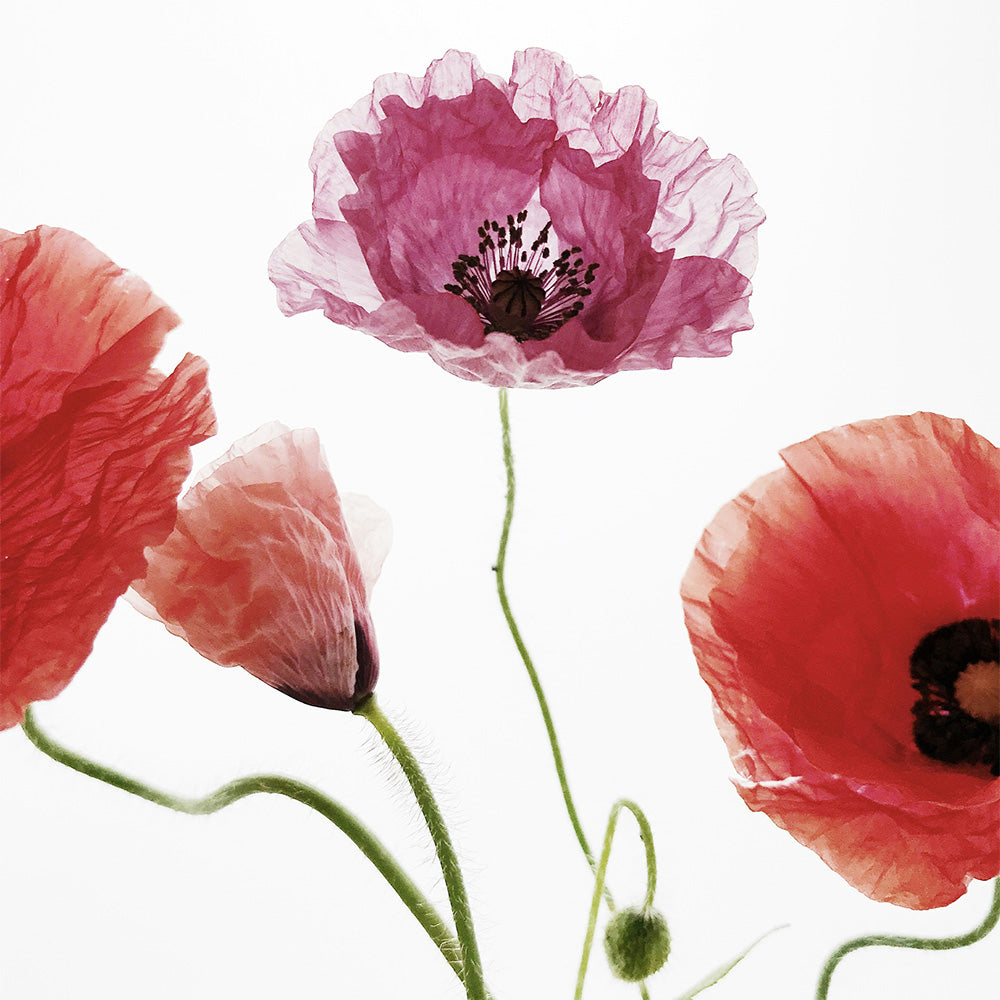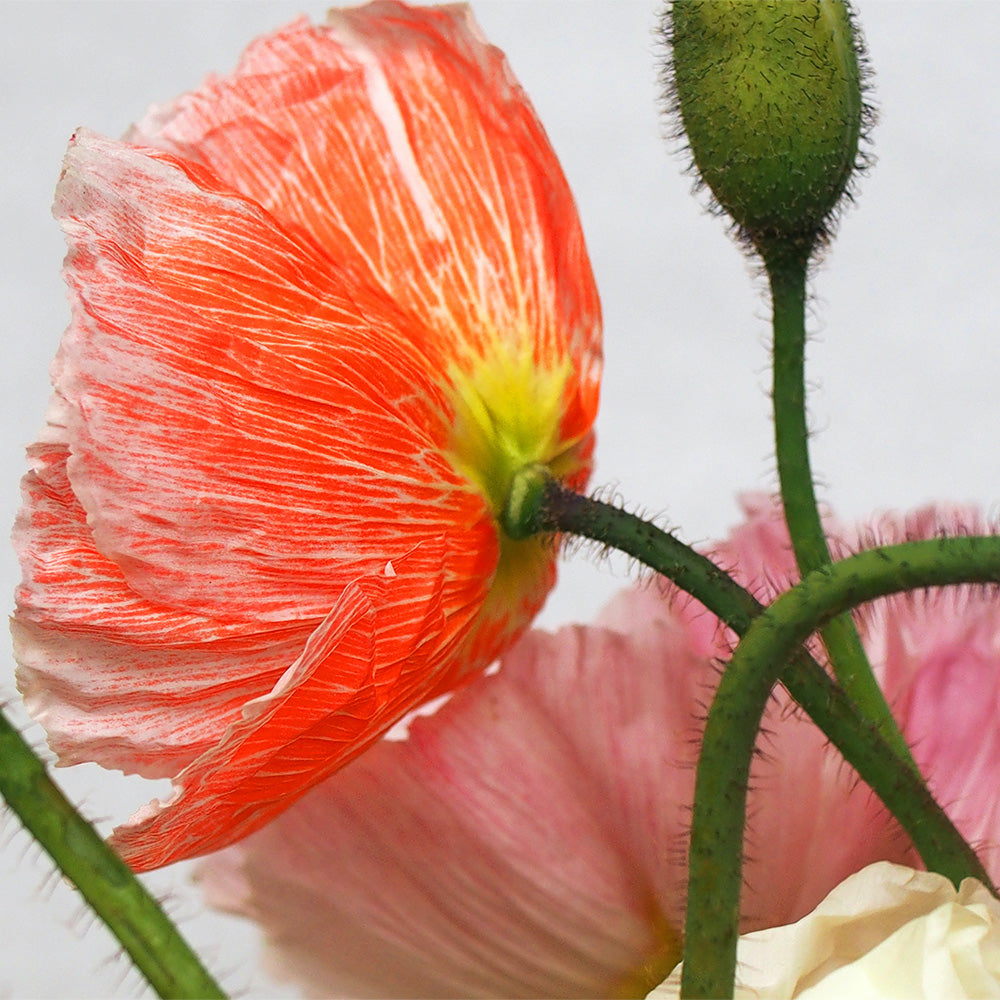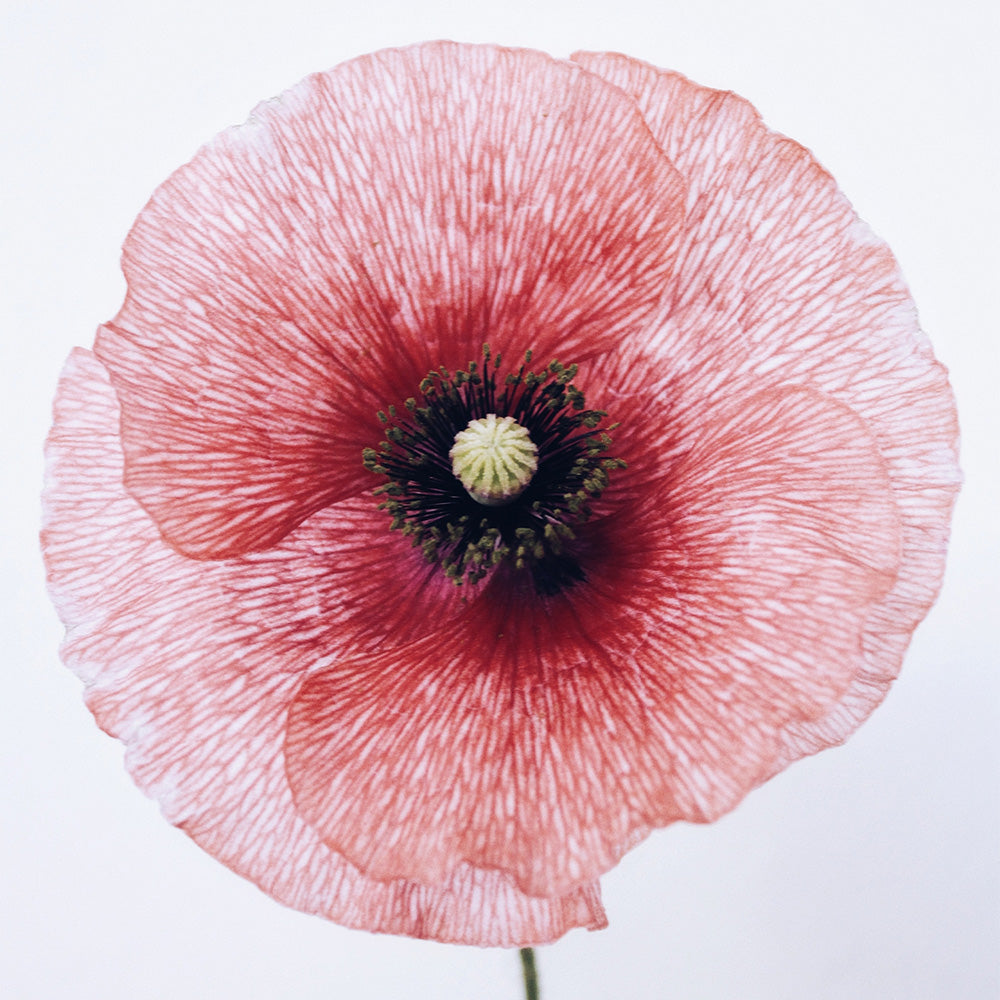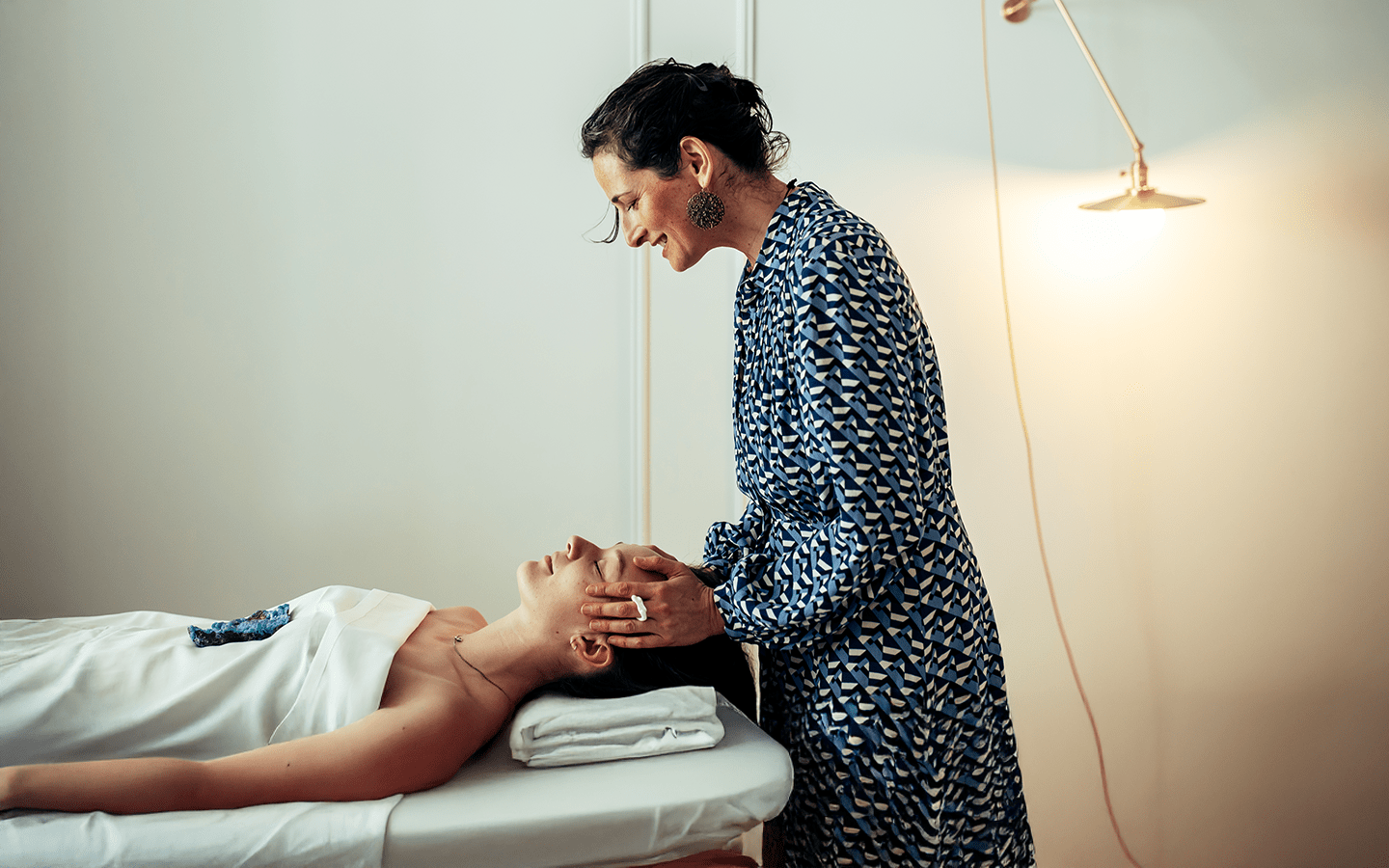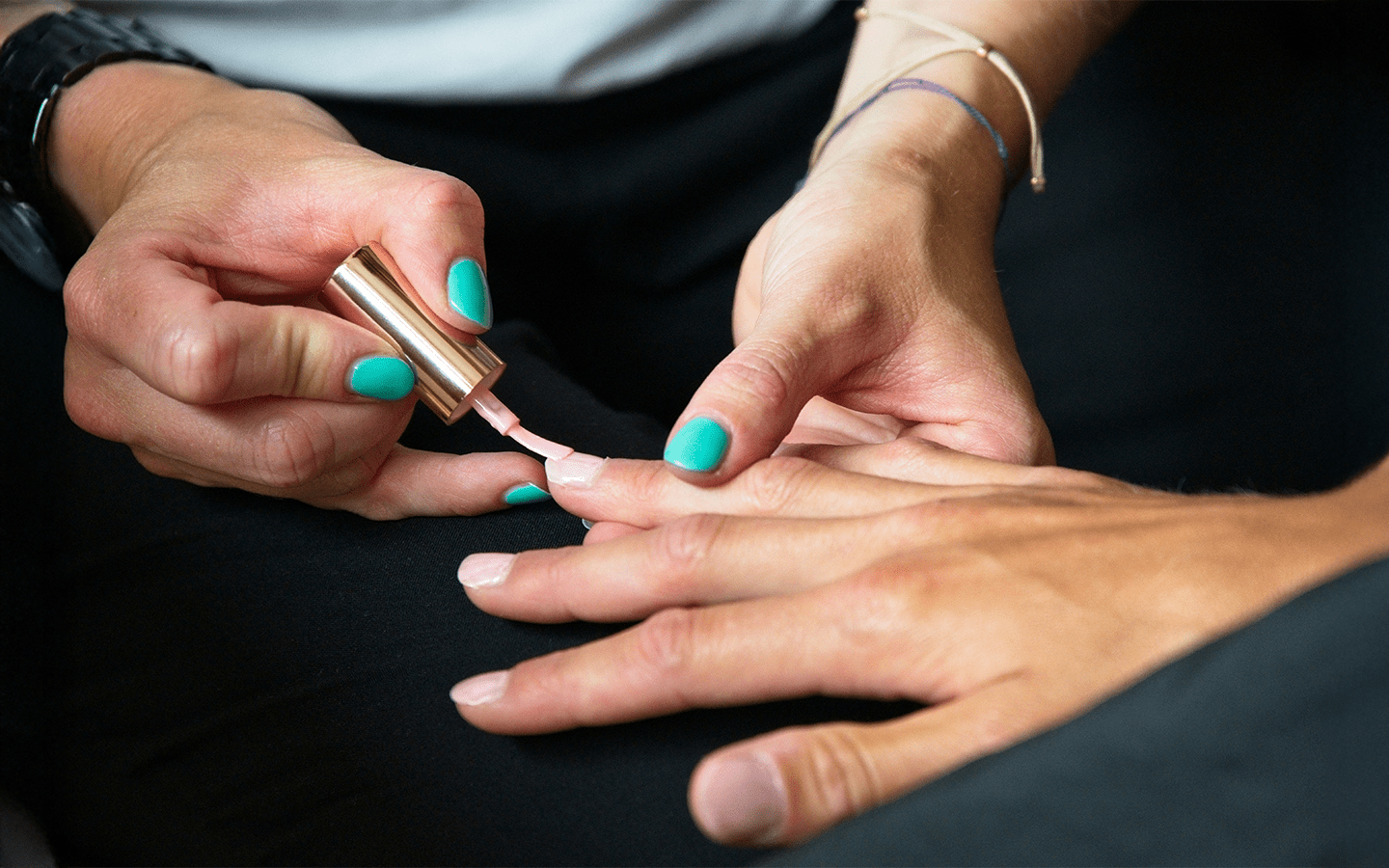
How to Meditate: Building a Mindful Habit
Meditation is a powerful practice that can help enhance mental clarity, reduce stress, and improve overall well-being. Whether you're looking to improve your focus, manage anxiety, or simply find a moment of peace in your day, meditation can be an accessible tool for everyone. Here’s a guide to help you get started.
Key Highlights
- Discover the benefits of meditation for women, including improved mental clarity and reduced stress.
- Learn to create a calming meditation space and find a comfortable posture for your practice.
- Follow our step-by-step guide to begin, focusing on your breath and letting go of distracting thoughts.
- Explore different meditation types, from guided sessions to body scan techniques, to find what suits you best.
- Make meditation a consistent part of your routine with our helpful tips for overcoming common challenges.
Introduction
In today's busy world, feeling peaceful can feel far away. Mindfulness meditation can help. This simple practice focuses on the present moment without judgment. This guide will show you how to start and keep a meditation practice. Let's start this journey together to find more peace of mind and calm inside.
Understanding Meditation
Meditation is about training your mind. It helps make your mind stronger, just like physical exercise makes your body stronger. This practice has been around for many years and comes from old spiritual traditions. You don’t need to be religious or spiritual to gain from it. Now, many people see the benefits of meditation in daily life. It is practiced by everyone, no matter their background.
Defining Meditation and Its Purpose
Meditation is about directing your mental attention to one thing. This could be your breath, a mantra, or an image. When you keep bringing your focus back to this one thing, you can calm your busy mind and find mental peace.
Meditation is more than just relaxing. It helps you understand your mind, your feelings, and how you respond to things around you. With regular meditation practice, you can become better at handling stress, improve your emotions, and even boost your physical health.
The Science Behind Meditation and Mindfulness
Scientific research shows that meditation greatly affects both the brain and the body. Studies indicate that mindfulness meditation can change how the brain is built. It increases gray matter in places linked to attention, emotional balance, and compassion. Also, meditation helps lower stress hormones like cortisol. This leads to a decreased resting heart rate and lower blood pressure. Just a few minutes of daily meditation can greatly improve your overall well-being.
The Benefits of Meditation for Women
Women often deal with special pressures in their daily lives. They balance careers and family, while also handling society's expectations. This can lead to stress and anxiety. Meditation can be a strong tool to help women manage these challenges. By including this practice in their lives, women can achieve better emotional balance, grow compassion for themselves, and enhance their resilience.
Enhancing Beauty and Vitality Through Mindfulness
Meditation has many benefits. It helps not just your mental health but also how you look and feel physically. When you meditate, you reduce stress. This can lead to clearer skin, brighter eyes, and a youthful glow. When you are less stressed, your body makes fewer stress hormones. These hormones can harm your skin and hair. If you practice daily, you can regulate hormones, get better sleep, and feel more energetic. This all leads to a more radiant and refreshed you.
Promoting Longevity and Well-being With Daily Practice
Regular meditation is connected to living longer and feeling better. Studies suggest that people who meditate often have stronger immune systems, less inflammation, and a lower chance of diseases that come with age. Adding daily meditation to your life is like investing in your health and happiness for the future. It helps you lead a longer, healthier, and more satisfying life. When you make it a must-do part of your day, you focus on your well-being and enjoy the many benefits it brings.
Preparing for Meditation: Setting the Stage
Before you begin your meditation journey, it's important to make a good environment for your practice. Find a quiet place where you can relax without distractions. Gather any materials that can improve your experience. By preparing this space, you tell your mind and body that it's time to release the day's stress and enter a calm state.
Choosing Your Meditation Space
Your meditation space doesn’t need to be fancy. It just needs to be a quiet place where you feel good and relaxed. Here are some tips:
- Find a Quiet Place Find a spot in your home where nobody will bother you. If you have a lot of noise around, you might want to use earplugs or noise-canceling headphones.
- Create a Calming Atmosphere You can dim the lights, light some candles, or use an essential oil diffuser to help make it soothing.
- Minimize External Distractions Make sure to turn off your phone, computer, and any other things that could interrupt your meditation session.
Gathering What You'll Need to Begin
You don’t need a lot to start meditating, but a few easy things can help improve your practice.
- Cushion or Chair: Get a comfy cushion or chair to sit on. If you sit on the floor, make sure your hips are a bit higher than your knees.
- Timer: Use a timer for how long you want your meditation session to be. This way, you won’t need to check the time.
- Meditation Apps: Think about using meditation apps for guided meditations and relaxing background music.
A Step-by-Step Guide to Starting Your Meditation Practice
Starting a meditation practice can be simple. The best part of meditation is that it doesn't need to be hard. You can start with easy steps and slowly increase your time and try out different meditation techniques. Remember, it is important to be patient and to keep an open mind while you practice.
Step 1: Finding a Comfortable Position
Find a quiet place. Get into a comfortable position. You can sit cross-legged on a cushion, on a chair with your feet flat on the floor, or lie down. It's important to keep your spine straight but not stiff. If you sit, make sure your hips are a bit higher than your knees. Rest your hands gently on your thighs or in your lap. The goal is to find a posture that helps you relax and stay alert. Try different positions until you find what works best for you.
Step 2: Setting a Time Limit for Your Practice
As a beginner, you can begin with just a few minutes each day. You can slowly increase the time as you feel more comfortable. Being consistent is important. Choose a time of day for meditation when you don’t feel rushed. It could be in the morning, during lunch, or just before bed. Find a time that helps you include meditation in your daily routine. Try different times of day to see when you feel the most focused and awake.
Step 3: Focusing on Your Breath
Close your eyes and pay attention to your breath. Feel the natural way your breath goes in and out. You don’t have to control it—just notice the sensation of the breath coming in and out of your body. Focus on how your belly goes up and down, the cool air as it enters your nose, or how your chest expands gently. Pick one of these points for your breath and keep your focus on it.
Step 4: Acknowledging and Releasing Thoughts
It's normal for your mind to drift during meditation. When you notice your thoughts wandering, just acknowledge them gently. Don't judge them, and then bring your focus back to your breath. Try not to feel down about how many thoughts come to you. Just watch them as they come and go without getting caught up in them. At first, your mind might feel hectic, like a busy highway. But with some practice, you will find ways to deal with the clutter and discover calm moments.
Step 5: Closing Your Session With Gratitude
As your meditation session ends, pause to feel thankful for the time you spent on your practice. Think about any thoughts or peace you found during it. Slowly open your eyes and take a little time to return to your surroundings. Keep in mind that the benefits of meditation go beyond the cushion and into your daily life.
Making Meditation a Daily Habit
The best way to enjoy the benefits of meditation is to practice it regularly. Like any new habit, it takes time and effort to fit meditation into your daily routine. However, with determination, it can become as easy as brushing your teeth or drinking your morning coffee.
Tips for Consistency and Routine
- Start Small: Begin with short meditation sessions. These can be only 5 to 10 minutes long. You can increase the duration as you get more comfortable.
- Set Realistic Goals: Do not push yourself too hard by trying to meditate for an hour right away. Make sure your goals are realistic. Stick to them and enjoy your progress.
- Try Different Meditation Techniques: If you find it hard to focus on your breath, look at other meditation techniques. You might like guided meditation, mantra meditation, or walking meditation.
Overcoming Common Challenges and Distractions
- Restlessness and Fidgeting: If you feel restless, focus on something physical. Try to notice the feeling of your feet on the floor or your hands on your thighs.
- External Distractions: Reduce distractions by picking a quiet place to meditate. Turn off your phone and tell your loved ones that you won't be available for some time.
- Social Media and Technology: Don't check social media or emails right before meditation. These things can excite your mind and make it harder to relax.
Types of Meditation to Explore
Once you know the basics of mindfulness meditation, you can try many different types of meditation. Each type has its own benefits and ways to train your mind. You can explore styles like guided meditation and body scan practices. There is a meditation technique that will suit everyone.
Guided vs. Unguided Meditation
- Guided Meditation: In guided meditation, you listen to a teacher or a recording. They help you through the process. They give you imagery, prompts, or affirmations to focus on. This type of meditation is great for beginners because it has structure and support.
- Unguided Meditation: Unguided meditation is more about doing it by yourself. You pick something to focus on, like your breath, a mantra, or an image. You keep your attention on it without help from anyone else. This way of meditating gives you more freedom to explore.
Mindfulness Meditation and Body Scan Practices
- Mindfulness meditation means noticing your thoughts, feelings, and sensations without judging them. This helps you become more aware of yourself and manage your emotions better.
- Body scan meditation is a way of focusing your attention on parts of your body, like from your toes to the top of your head. You pay attention to the feelings you have in each part. This can lower tension, boost body awareness, and help you relax.
What's Next?
Meditation is a great way to find a bit of inner peace and reconnect with yourself. By adding mindful practices to your daily routine, you can boost your mood and energy.
Start by creating a cozy meditation space and focusing on your breath. Consistency is key, so try to make it a regular part of your day. If you face challenges, explore different meditation styles until you find what works for you.
Every moment of mindfulness helps you live a more balanced and joyful life. Start your journey to a mindful habit today—you’ve got this!
Frequently Asked Questions
How Long Should I Meditate Each Day as a Beginner?
As a beginner, you should start with 5 to 10 minutes of daily practice. You can increase this time as you get more comfortable. It's better to practice regularly than to focus just on how long you meditate. Try to create a regular meditation routine that works for your lifestyle.
Can Meditation Improve My Health?
Yes! Regular meditation is connected to many health benefits. It can help lower stress, improve sleep, reduce blood pressure, and boost the immune system. Regular meditation can also be good for mental health. It helps reduce anxiety and improves emotional well-being.
What If I Can't Stop My Mind From Wandering?
It's completely normal for your mind to wander when you meditate. Don't feel bad about it! When you catch your mind drifting, just recognize the thought without judging it. Then, softly bring your focus back to your breath.
How Can I Make Meditation a Non-Negotiable Part of My Day?
Set a specific time each day for meditation. Treat this time like you would an important appointment. You can also find a partner to help keep you accountable. Alternatively, use a meditation app to stay motivated and to track your progress.
Are There Any Specific Meditations for Women's Health?
Yes, different types of meditation can help improve women's health. Some popular choices include meditation for reducing stress, balancing hormones, understanding the menstrual cycle, and practicing self-compassion.


